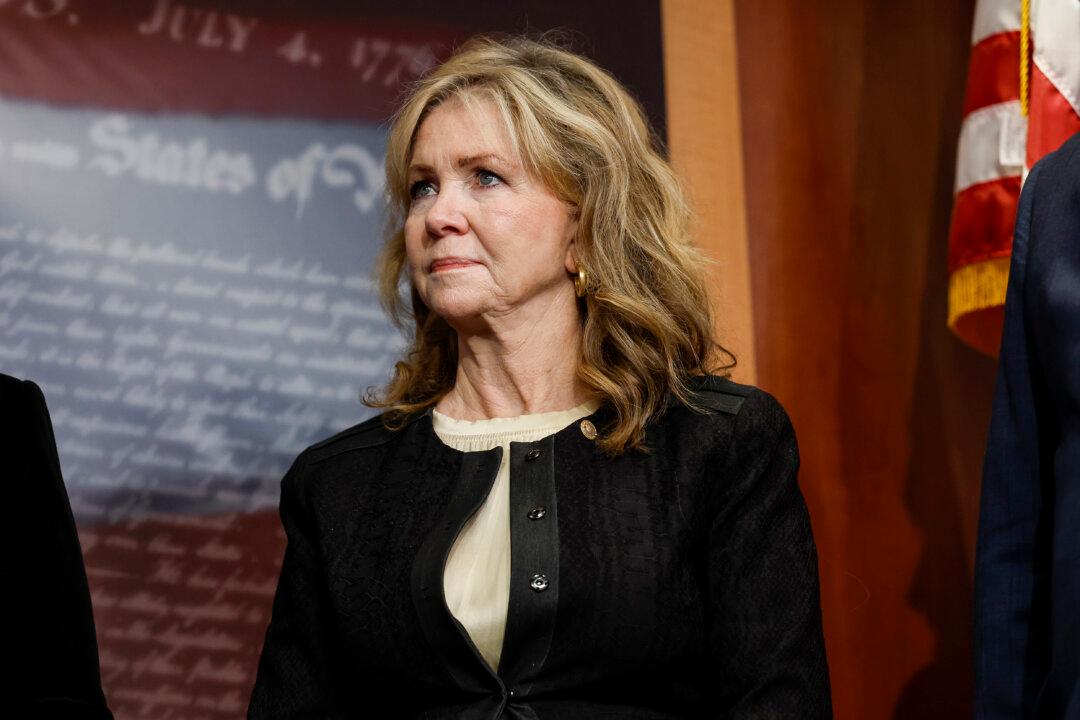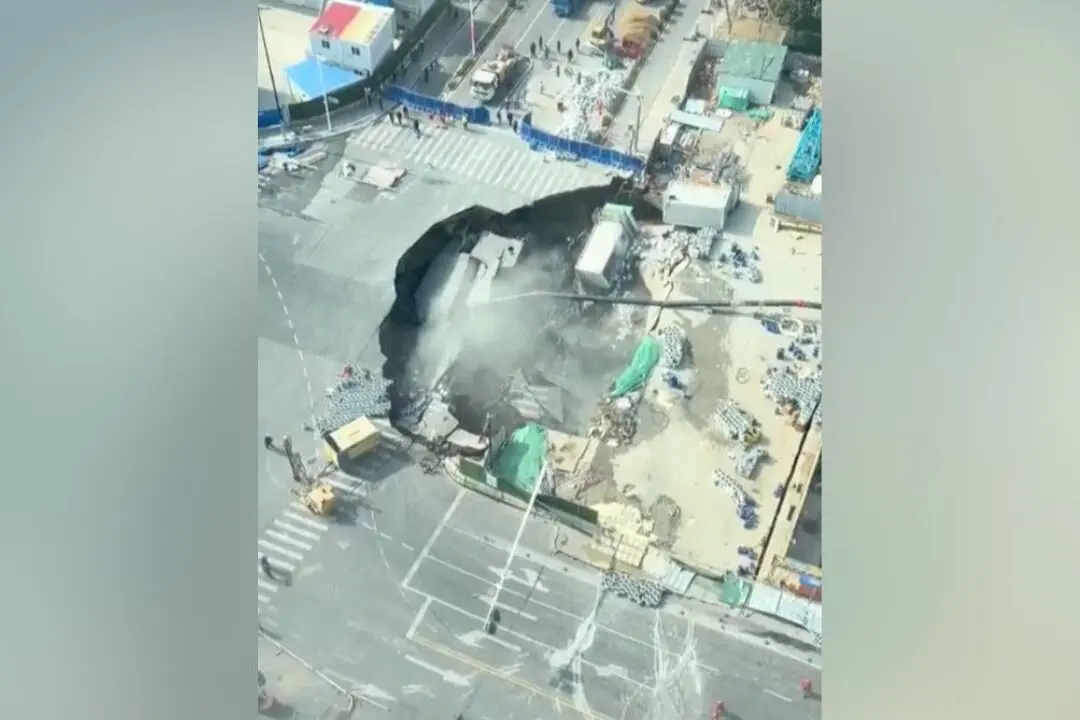A group of Republican senators urged the Biden administration to bring back economic sanctions on a Chinese regime entity accused of human rights violations, saying America shouldn’t “beg or negotiate” with its adversary.
The letter, led by Sen. Marsha Blackburn (R-Tenn.), called on the Commerce Department to reinstate its sanctions on the Institute of Forensic Science that were lifted under the agreement between China’s communist regime and the United States to combat the fentanyl crisis.




